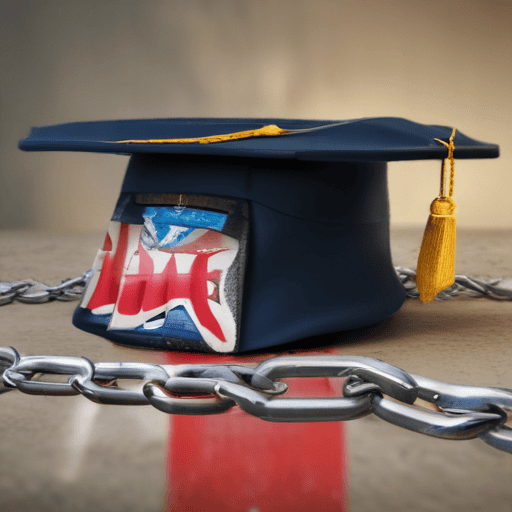Students under the Tertiary Scholarship and Loans Scheme (TSLS) will be required to repay any unserved bond amounts should they choose not to fulfill their service commitments after completing their scholarship terms. This message was conveyed by TSLS CEO Dr. Hasmukh Lal during a press briefing at their head office in Raiwai.
Dr. Lal highlighted that graduates who do not honor their bond obligations will need to reimburse the amount that was invested in their education, a figure that may include a penalty fee scaled between 10% and 50%, depending on the duration of their service. “The more they serve, the less penalty they have to pay,” Dr. Lal emphasized, urging students to abide by the commitments they’ve agreed to, suggesting it could save them significant financial burdens.
For those students who were part of the national toppers program and fail to serve, a minimum 10% penalty will apply. Conversely, those from the Tertiary Education and Loans Scheme (TELS) who did not complete their studies will incur a steeper penalty, requiring them to return 50% of the investment, a measure implemented to uphold the accountability of education funding.
The initiation of these penalties aligns with the recently reinstated measures aimed at ensuring graduates serve their bond obligations, which the government previously found essential in maintaining the investment made by taxpayers in education. This approach is part of a broader strategy, with the intent of retaining skilled professionals within Fiji and addressing the financial discrepancies caused by students abandoning their commitments.
Education Minister Aseri Radrodro reiterated the importance of these measures, indicating that they aim to mitigate losses from students who do not fulfill their service requirement. In total, these initiatives reflect a commitment to fostering a responsible educational environment where taxpayer investment yields substantial benefits for the Fijian workforce.
In summary, while the penalties may seem daunting, they present an opportunity for students to reaffirm their commitments to their education and employment in Fiji. With these developments, there is hope for a more sustainable and accountable educational framework that benefits both the graduates and the community.

Leave a comment